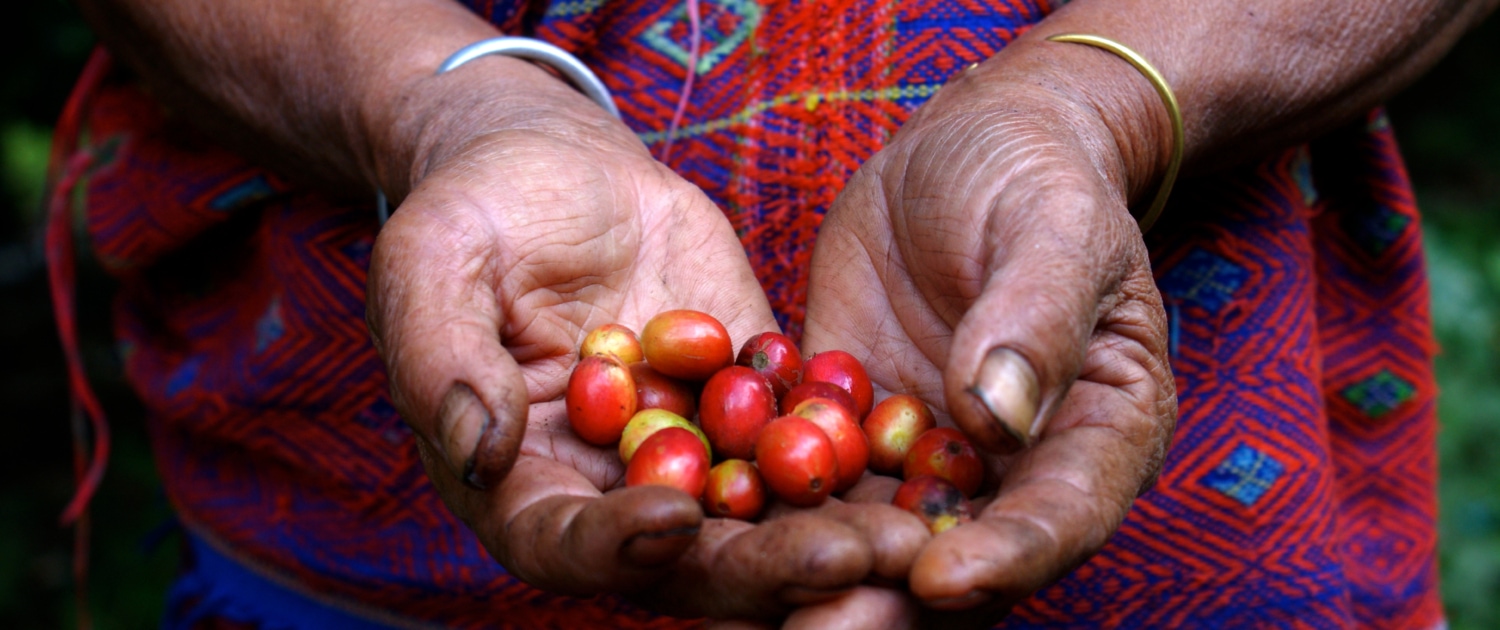Fair Trade Coffee
– What Does it Really Mean? –
Coffee is one of the most popular beverages around the world.
It is how millions of people start their day.
Many coffee consumers rely on its caffeine boost to get them through their daily lives. Others appreciate it as a delicious companion to countless conversations.
An estimated 1.6 billion cups of coffee is consumed every day.
Over 125 million people worldwide depend on coffee for their livelihood. However, many of these people are unable to earn a reliable living from this beloved and valuable income source.
Around 25 million smallholders produce 70 to 80% of the entire world’s coffee. This is one of the reasons why Fair Trade focuses on small producer organizations.
How about you?
Last time, when you were buying some coffee. Did you ever see that little ‘Fair Trade’ label on your coffee bag?
Maybe, you also wondered then. What exactly does it mean? How does Fair Trade Coffee even work in real practice?
In the beginning, the entire topic can quickly become very confusing.
But it is something too important to dismiss too easily. The concept of Fair Trade Coffee needs to be explained.
Let’s find the answers together.
So, we can purchase our coffee with a collectively clear conscience and knowledge about it.
What is Fair Trade Coffee? – A Brief Definition
Generally speaking, there are two sides to high-quality coffee.
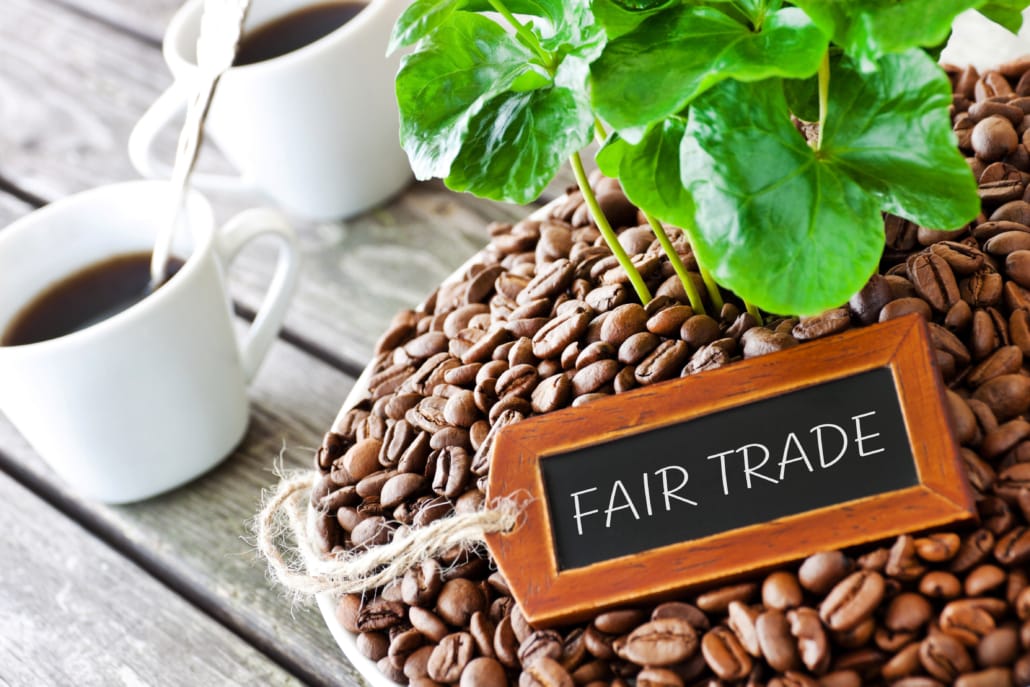
Firstly, there is the simply, amazingly delicious taste of coffee. Millions of people appreciate it on a daily basis. And, many of us can hardly live without it.
We want to have it and crave for it. Major reasons are surely the taste and caffeine boost.
Besides, coffee itself also has many great health benefits. Many coffee enthusiasts even say that coffee makes us happy and live longer.
In general, we want the best taste and most benefits out of our coffee cup.
Secondly, it is the way we treat the earth on which our coffee grows. And, how we equally treat local coffee farmers in the process of getting that incredible coffee taste to us.
As it turns out, it is the second point where Fair Trade coffee comes into play.
How to understand the concept of Fair Trade?
We can look at it as a partnership between coffee producers and roasters. This line eventually further goes down until the traders and consumers.
Usually, coffee is produced by poorer and disadvantaged people. The concept of Fair Trade wants to guarantee a reasonable income for them as well.
Ideally, they should receive respectable salaries in return for a quality product.
In short, they properly take care of our coffee. This enables us to enjoy delicious coffee. And as a result, the system, including us, equally takes care of them.
The World Fair Trade Organization (WFTO) summarizes the basic idea and its vision as following.
“Fair Trade is a trading partnership, based on dialogue, transparency and respect, that seeks greater equity in international trade…,”
Additionally, you can find the complete definition here.
Become A Member
In order to become a registered member, companies are able to apply and join the initiative.
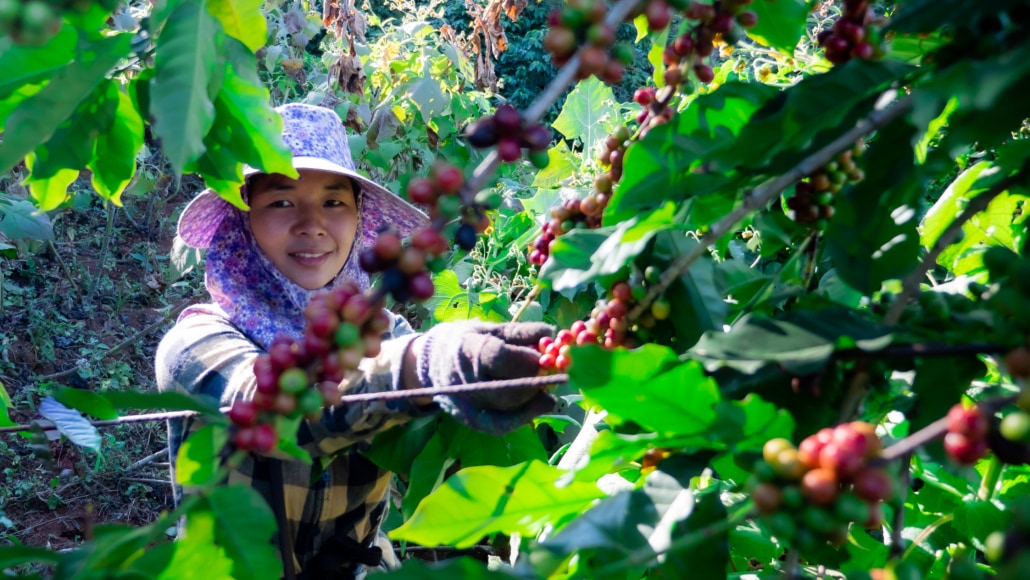
If successful, any inspected and approved company will obtain the Fair Trade certification. It symbolizes a set of standards set by fair trade organizations.
Now, there is not only one organization but several out there.
These fair trade organizations create, establish and also help ensuring trading partnerships. Furthermore, the partnerships are based on dialogue, justice, transparency and respect.
Its ultimate goal is to achieve greater equity in international trade. Meaning, everyone involved can better profit from the overall market incomes.
Ideally speaking, not just a few are getting wealthy. But everyone can achieve respectable living standards instead.
How to achieve this?
The committed partnerships will contribute to an overall, more sustainable development.
In practice, this is happening by offering better trading conditions to coffee bean farmers. Eventually, the entire surrounding, local community is ideally benefitting from it.
Essentially, Fair Trade organizations, such as the WFTO, actively support producers. Their goal is to successfully implement sustainable, environmental farming processes.
This also prohibits unfavorable practices like child labor or forced labor.
Getting Into Detail
So, does Fair Trade Coffee only worry about a respectful trade pact in the end?
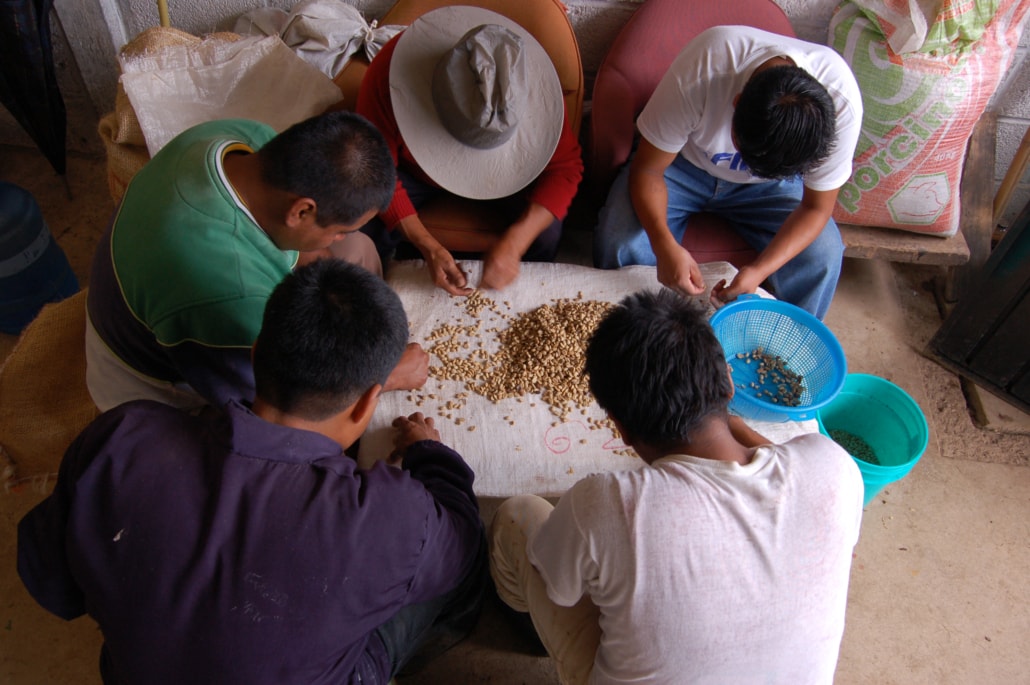
Is it eventually only about material gains and revenue?
No, of course not.
Indeed, this would be far from the main intention and vision. The term ‘Fair Trade’ may suggest that it only concerns about market and income performance.
However, the definition and practice of Fair Trade Coffee focuses on much larger issues.
Here are the most notable aspects of fair trade standards and its ambitions.
-
Income Sustainability
The initiative of Fair Trade coffee fights for more income sustainability.
As a result, the positive outcomes should help reducing global poverty. Every human being has the right to live a decent life.
We should make sure of this. The people who farm our coffee should have enough income on a regular basis.
So, they are able to ‘actually live their lives’ respectfully.
This does not necessarily mean in luxurious opulence. But also not in inhuman poverty as still many coffee farmers and their families do.
The main goal is to target an equal exchange between growers and importers. In addition, better working conditions for coffee growers and harvesters should become the norm.
-
Equitable Partnerships
Fair Trade Coffee aims to build equitable partnerships between producers and purchasers.
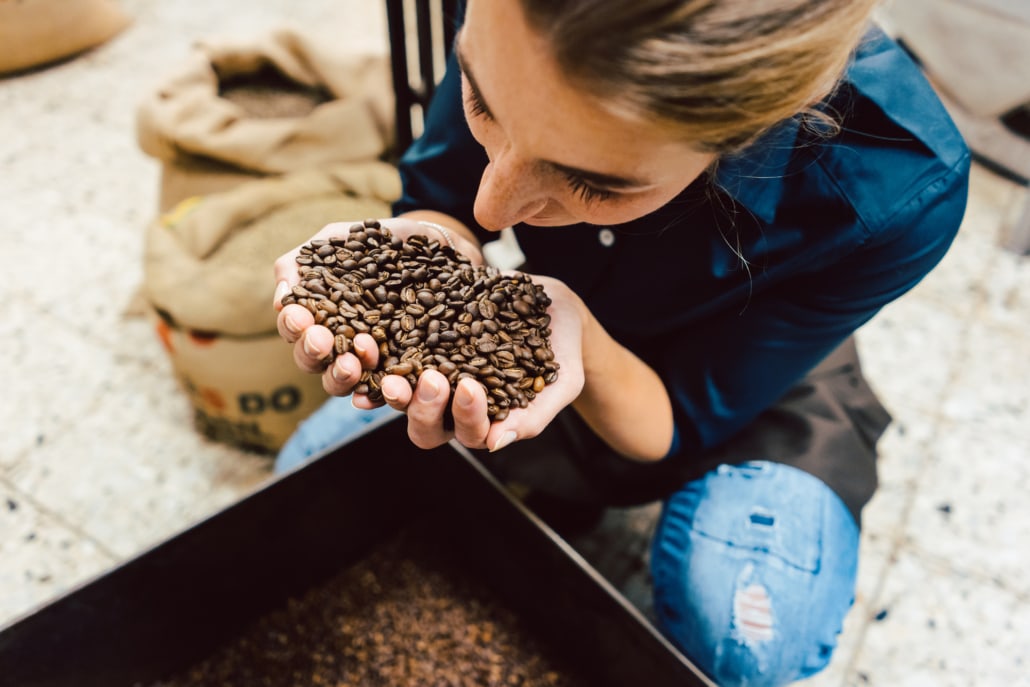
Ideally, there should be a direct trade relationship established. This would be between small co-ops of coffee growers. And, the receiving companies that are buying the product.
Additionally, it is the goal to implement a guaranteed minimum price.
It would create a much needed safety net in the case of a sudden price drop. Commonly, coffee growers are paid a Fairtrade Premium.
They are then able to further invest any surplus in income. Projects that support their communities and help protect the environment can be put in place then.
-
Greater Level of Justice
The ultimate goal is to strive for a greater level of justice in trade.
This should take place on an individual, as well as a community, level. Fair Trade Coffee and its initiative go beyond the people who farm the coffee.
It is not just about the people picking coffee beans, but also the communities surrounding them.
If they get paid in a fair way. They can go home and spend money within their community.
Eventually, this not only improves the whole system in the process. But, it also lets families and other corresponding local businesses benefit as well.
-
Environmental Protection
The focus of Fair Trade standards lay on minimizing environmental damage.

In particular, the concern is about the damage to the environment from bad business practices.
Typically, many coffee companies are only interested in short-term incomes and profits. Thus, they tend to take shortcuts to keep costs down.
These short-term decisions can have bad consequences for the environment. In some cases, these consequences are not just even bad but rather devastating and catastrophic.
Fair Trade certifications monitor such factors. And, they try to limit these by education. The goal and main message is to focus on environmental sustainability instead.
Usually, preserving your natural resources eventually pays out. Long-term business approaches are eventually more profitable than irresponsible short-term gains.
Currently, Fair Trade certifications don’t necessarily require organic certifications the same time. However, one aspect can usually not live without the other.
Fair Trade And Its Impact
In theory, all of this sounds great.
But does Fair Trade actually work?

Does the whole concept actually make a change and has an impact?
Yes, many would say so.
However, there is a lot more that can be done in the future. Nonetheless, since 1998, nearly half a billion dollars have gone to benefit various producers directly. This is thanks to Fair Trade.
As an example, let’s have a look at Fair Trade Certified. We can get a further breakdown of some of statistics and results here.
Last year alone, the organization empowered more than 950,000 famers. These are workers in 45 countries across Africa, Asia and Oceana.
Furthermore, people from Latin America and the Caribbean region were encouraged to reach better terms with their trading partners.
Over 700 social, economic and environmental protection projects are currently active. The goal is to produce certified Fair Trade products.
This happens to rigorous standards that protect workers and the environment.
Furthermore, the US American consumer market alone is receiving Fair Trade products from more than 1.250 worldwide responsible businesses.
As a result, the public awareness of Fair Trade and its mission is ever-growing. In fact, 63% understand what it means when the see the label. This percentage has nearly doubled since 2008.
So, we can see that Fair Trade definitely causes a positive impact.
It further promotes its basic ideas. There should not be any greedy exploitation and no unreasonable price hikes.
Ideally, it is simply fair and honest labor for fair and honest prices.
I must say, it’s really a great and beautiful movement at its core.
Fair Trade Coffee – Frequently Asked Questions
Here are some of the most asked questions and comprehensive answers for you.
-
What does ‘Trade Coffee’ mean?
Please don’t get confused by it. Trade Coffee is not the same thing as Fair Trade Coffee.
It is merely a new coffee subscription service. If you are looking for premium coffee and want to get it delivered to your doorstep. This service might be a good option for you.
You are able to choose from a network of selected coffee roasters. Which gives you the opportunity to select from many individual coffee beans.
Trade Coffee is a quite popular coffee delivery service in the US, mostly. However, you can find such networks and collaborations in many other countries as well.
-
What is the Purpose of Fair Trade Coffee?
The general purpose of Fair Trade coffee is quite simple.
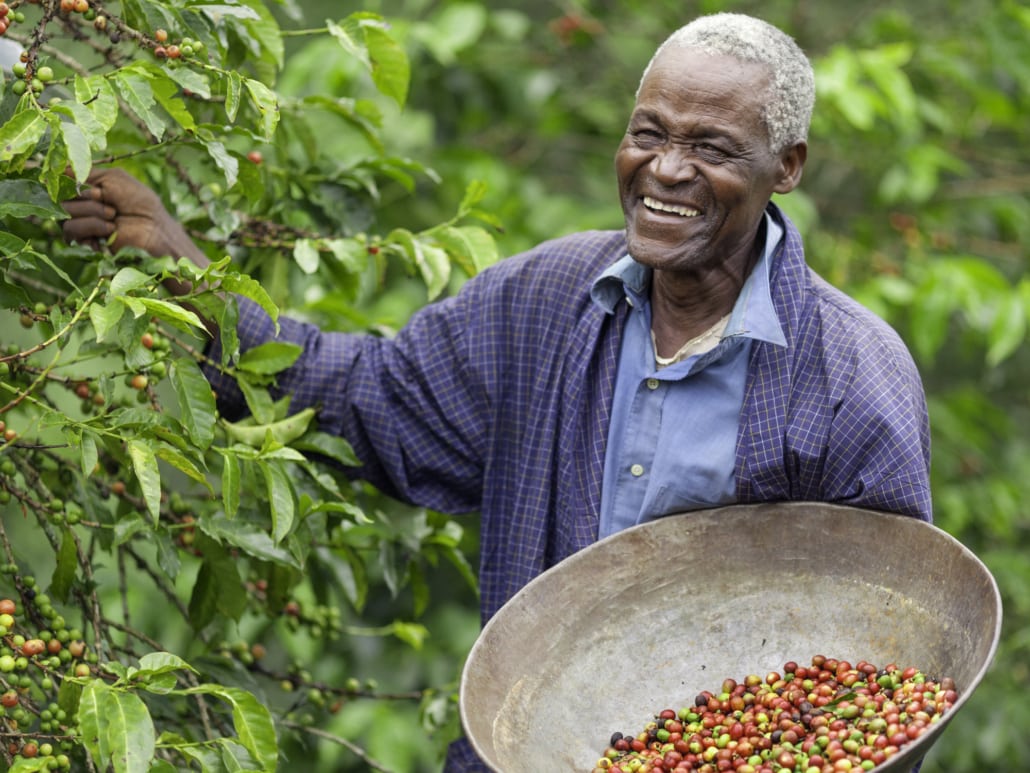
It is to improve the lives of the people who are growing coffee. Unfortunately, most of these farmers are located in some of the poorest regions of the world.
Fair Trade Coffee tries to help changing and improving the livelihoods. This is happening by guaranteeing a fair price for their beans.
But the initiative does not just end there.
Besides aiming to improve the quality of life for the coffee producers. It eventually boosts and puts money into their surrounding communities as well.
-
Is Fair Trade Coffee Actually Organic?
No, it necessarily does not have to be.
In fact, Fair Trade Coffee is not organic by policy. However, the initiative strongly encourages environmentally sustainable practices for coffee farmers.
There are various Organic certification organizations out there to work with. For example, the USDA promotes and supports farmers to grow organic food instead.
Its goal is to get away from chemical fertilizers and grow organically. More and more consumers are becoming more conscious about the origin and quality of their food.
The entire food market share and demand for organic food is constantly growing.
The Bottom Line
So, let’s summarize what we learned.
What exactly is Fair Trade Coffee in a nutshell?
First of all, Fair Trade Coffee refers to coffee that has been grown and produced according to Fair Trade Certified standards.
When it comes to coffee. Which ‘Fair Trade Certified’ standards are we exactly talking about?
- They are PRO income sustainability. And therefore, they are AGAINST poverty concerning coffee farmers.
- Its main focus is about justice on how the harvested coffee is traded. This ideally applies on an individual and community level.
- The goal is to minimize damage to the environment. This can be achieved by getting away from bad business practices on the coffee farms.
- It proves that empowering coffee farmers can work. Through their work, they can become an equally respected part of a successful coffee production.
I hope that this article was helpful to you. And maybe when you see the Fair Trade label the next time. You are hopefully having a better understanding of it.
We can all make a difference.
In many countries, however, there are no reliable government standards in place yet. Sadly, this is also the case in our home country, Thailand.
But that doesn’t mean that we cannot do something.
Within Siam Hills Coffee and his farmer network, we just practice our own equal Fair Trade system. License or no license and no official recognition. It does not matter to us.
It is working beautifully. And, we wouldn’t want to have it any other way.
‘Little by little, a little becomes a lot.’
How about you? What are your thoughts on this topic? Are you buying Fair Trade Coffee? Or, is there maybe a similar project you are supporting?
Feel free to share your experiences with us.
Until then, stay safe and healthy.
Cheers!
Related Posts
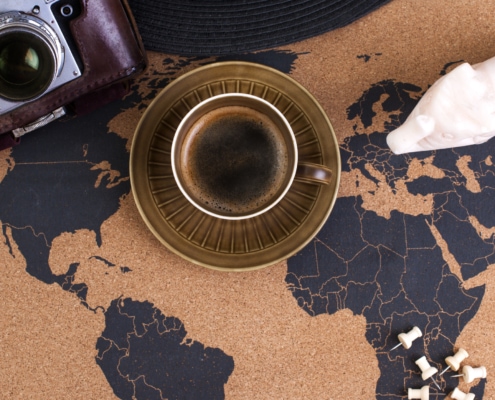 https://www.siamhillscoffee.com/wp-content/uploads/iStock-1074560652.jpg
1414
2121
Siamhillscoffee
https://www.siamhillscoffee.com/wp-content/uploads/coffee-logo.png
Siamhillscoffee2021-04-25 11:37:482021-04-25 11:37:488 Fascinating Facts About The History of Coffee – ‘A Drink For The Devil’ –
https://www.siamhillscoffee.com/wp-content/uploads/iStock-1074560652.jpg
1414
2121
Siamhillscoffee
https://www.siamhillscoffee.com/wp-content/uploads/coffee-logo.png
Siamhillscoffee2021-04-25 11:37:482021-04-25 11:37:488 Fascinating Facts About The History of Coffee – ‘A Drink For The Devil’ –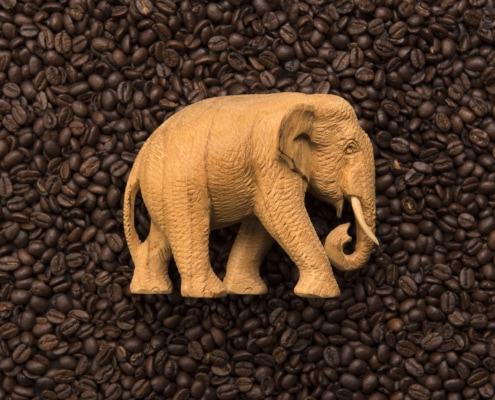 https://www.siamhillscoffee.com/wp-content/uploads/Elephant-coffee-–-The-new-luxury-coffee-–-How-great-is-it-1.jpg
1445
2075
Siamhillscoffee
https://www.siamhillscoffee.com/wp-content/uploads/coffee-logo.png
Siamhillscoffee2021-04-25 11:23:422021-04-25 11:23:42Elephant coffee – The new luxury coffee – How great is it?
https://www.siamhillscoffee.com/wp-content/uploads/Elephant-coffee-–-The-new-luxury-coffee-–-How-great-is-it-1.jpg
1445
2075
Siamhillscoffee
https://www.siamhillscoffee.com/wp-content/uploads/coffee-logo.png
Siamhillscoffee2021-04-25 11:23:422021-04-25 11:23:42Elephant coffee – The new luxury coffee – How great is it? https://www.siamhillscoffee.com/wp-content/uploads/Is-Latte-Art-Good-or-Bad-–-Does-Latte-Art-Make-our-Coffee-Better-or-Worse-–-1.jpg
1412
2122
Siamhillscoffee
https://www.siamhillscoffee.com/wp-content/uploads/coffee-logo.png
Siamhillscoffee2021-04-25 10:57:092021-04-25 11:02:29Is Latte Art Good or Bad? – Does Latte Art Make our Coffee Better or Worse? –
https://www.siamhillscoffee.com/wp-content/uploads/Is-Latte-Art-Good-or-Bad-–-Does-Latte-Art-Make-our-Coffee-Better-or-Worse-–-1.jpg
1412
2122
Siamhillscoffee
https://www.siamhillscoffee.com/wp-content/uploads/coffee-logo.png
Siamhillscoffee2021-04-25 10:57:092021-04-25 11:02:29Is Latte Art Good or Bad? – Does Latte Art Make our Coffee Better or Worse? – https://www.siamhillscoffee.com/wp-content/uploads/Filter-Coffee-and-Espresso-–-What-is-the-Difference-–-1.jpg
1397
2146
Siamhillscoffee
https://www.siamhillscoffee.com/wp-content/uploads/coffee-logo.png
Siamhillscoffee2021-04-03 02:55:042021-04-03 02:55:04Filter Coffee and Espresso – What is the Difference? –
https://www.siamhillscoffee.com/wp-content/uploads/Filter-Coffee-and-Espresso-–-What-is-the-Difference-–-1.jpg
1397
2146
Siamhillscoffee
https://www.siamhillscoffee.com/wp-content/uploads/coffee-logo.png
Siamhillscoffee2021-04-03 02:55:042021-04-03 02:55:04Filter Coffee and Espresso – What is the Difference? –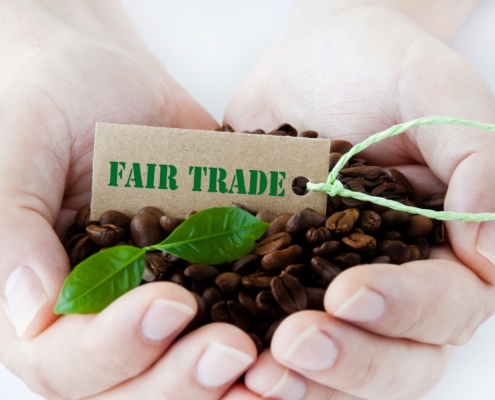 https://www.siamhillscoffee.com/wp-content/uploads/Coffee-and-Fair-Trade-–-Is-Fair-Trade-Coffee-Good-or-Bad-–-1.jpg
1414
2121
Siamhillscoffee
https://www.siamhillscoffee.com/wp-content/uploads/coffee-logo.png
Siamhillscoffee2021-03-21 04:14:092021-03-21 04:14:09Coffee and Fair Trade – Is Fair Trade Coffee Good or Bad? –
https://www.siamhillscoffee.com/wp-content/uploads/Coffee-and-Fair-Trade-–-Is-Fair-Trade-Coffee-Good-or-Bad-–-1.jpg
1414
2121
Siamhillscoffee
https://www.siamhillscoffee.com/wp-content/uploads/coffee-logo.png
Siamhillscoffee2021-03-21 04:14:092021-03-21 04:14:09Coffee and Fair Trade – Is Fair Trade Coffee Good or Bad? –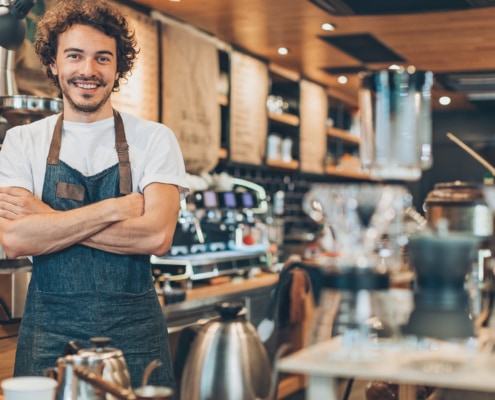 https://www.siamhillscoffee.com/wp-content/uploads/How-To-Open-A-Coffee-Shop-The-Coffee-Shop-Equipment-List-You-Need-1.jpg
1414
2121
Siamhillscoffee
https://www.siamhillscoffee.com/wp-content/uploads/coffee-logo.png
Siamhillscoffee2021-03-21 04:08:192021-03-21 04:08:19How To Open A Coffee Shop – The Coffee Shop Equipment List You Need
https://www.siamhillscoffee.com/wp-content/uploads/How-To-Open-A-Coffee-Shop-The-Coffee-Shop-Equipment-List-You-Need-1.jpg
1414
2121
Siamhillscoffee
https://www.siamhillscoffee.com/wp-content/uploads/coffee-logo.png
Siamhillscoffee2021-03-21 04:08:192021-03-21 04:08:19How To Open A Coffee Shop – The Coffee Shop Equipment List You Need https://www.siamhillscoffee.com/wp-content/uploads/Beer-Coffee-Everybodys-Dream-Come-True-–-1.jpg
1414
2121
Siamhillscoffee
https://www.siamhillscoffee.com/wp-content/uploads/coffee-logo.png
Siamhillscoffee2021-03-14 03:21:082021-03-14 03:21:08Beer Coffee – Everybody’s Dream Come True –
https://www.siamhillscoffee.com/wp-content/uploads/Beer-Coffee-Everybodys-Dream-Come-True-–-1.jpg
1414
2121
Siamhillscoffee
https://www.siamhillscoffee.com/wp-content/uploads/coffee-logo.png
Siamhillscoffee2021-03-14 03:21:082021-03-14 03:21:08Beer Coffee – Everybody’s Dream Come True – https://www.siamhillscoffee.com/wp-content/uploads/Coffee-Cupping-–-How-to-Professionally-Taste-Coffee-–-1-scaled.jpg
1707
2560
Siamhillscoffee
https://www.siamhillscoffee.com/wp-content/uploads/coffee-logo.png
Siamhillscoffee2021-02-20 05:38:122021-03-03 10:43:47Coffee Cupping – How to Professionally Taste Coffee –
https://www.siamhillscoffee.com/wp-content/uploads/Coffee-Cupping-–-How-to-Professionally-Taste-Coffee-–-1-scaled.jpg
1707
2560
Siamhillscoffee
https://www.siamhillscoffee.com/wp-content/uploads/coffee-logo.png
Siamhillscoffee2021-02-20 05:38:122021-03-03 10:43:47Coffee Cupping – How to Professionally Taste Coffee –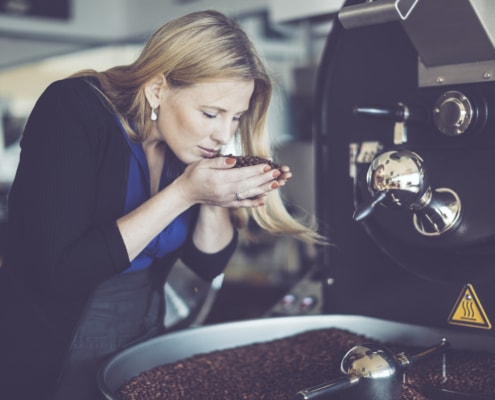 https://www.siamhillscoffee.com/wp-content/uploads/What-is-Coffee-Roasting-–-Everything-You-Need-to-Know-–-1.jpg
1414
2121
Siamhillscoffee
https://www.siamhillscoffee.com/wp-content/uploads/coffee-logo.png
Siamhillscoffee2021-02-20 05:19:592021-03-03 10:49:15What is Coffee Roasting? – Everything You Need to Know –
https://www.siamhillscoffee.com/wp-content/uploads/What-is-Coffee-Roasting-–-Everything-You-Need-to-Know-–-1.jpg
1414
2121
Siamhillscoffee
https://www.siamhillscoffee.com/wp-content/uploads/coffee-logo.png
Siamhillscoffee2021-02-20 05:19:592021-03-03 10:49:15What is Coffee Roasting? – Everything You Need to Know –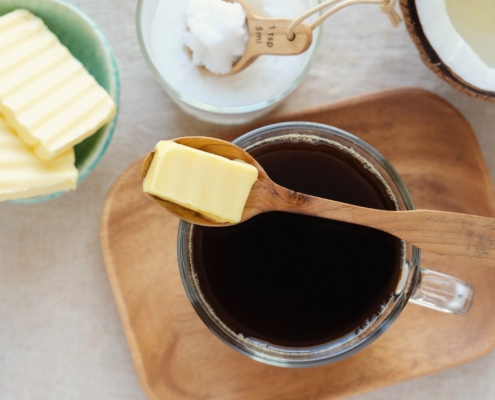 https://www.siamhillscoffee.com/wp-content/uploads/Butter-Coffee-Myths-versus-Facts-–-1.jpg
1414
2121
Siamhillscoffee
https://www.siamhillscoffee.com/wp-content/uploads/coffee-logo.png
Siamhillscoffee2021-02-20 05:14:182021-03-03 10:50:40Butter Coffee – Myths versus Facts –
https://www.siamhillscoffee.com/wp-content/uploads/Butter-Coffee-Myths-versus-Facts-–-1.jpg
1414
2121
Siamhillscoffee
https://www.siamhillscoffee.com/wp-content/uploads/coffee-logo.png
Siamhillscoffee2021-02-20 05:14:182021-03-03 10:50:40Butter Coffee – Myths versus Facts –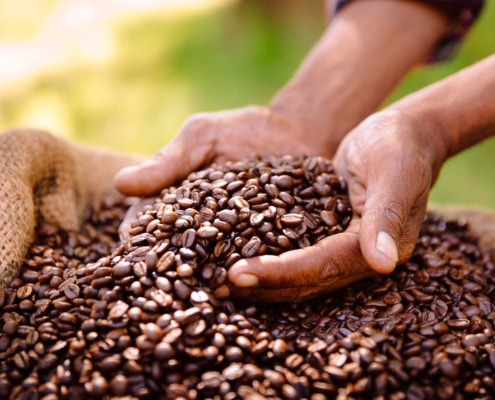 https://www.siamhillscoffee.com/wp-content/uploads/What-is-Specialty-Coffee-–-Everything-You-Need-to-Know-–-1-1.jpg
1414
2121
Siamhillscoffee
https://www.siamhillscoffee.com/wp-content/uploads/coffee-logo.png
Siamhillscoffee2021-02-20 05:10:372021-03-03 10:51:58What is Specialty Coffee? – Everything You Need to Know –
https://www.siamhillscoffee.com/wp-content/uploads/What-is-Specialty-Coffee-–-Everything-You-Need-to-Know-–-1-1.jpg
1414
2121
Siamhillscoffee
https://www.siamhillscoffee.com/wp-content/uploads/coffee-logo.png
Siamhillscoffee2021-02-20 05:10:372021-03-03 10:51:58What is Specialty Coffee? – Everything You Need to Know –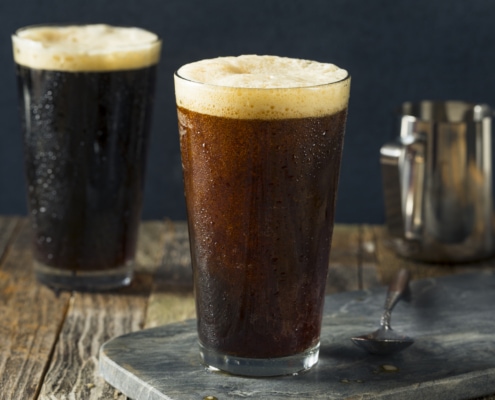 https://www.siamhillscoffee.com/wp-content/uploads/Nitro-Coffee-The-New-Big-Coffee-Trend-–-1.jpg
1414
2121
Siamhillscoffee
https://www.siamhillscoffee.com/wp-content/uploads/coffee-logo.png
Siamhillscoffee2021-02-20 05:03:032021-03-03 10:53:11Nitro Coffee – The New Big Coffee Trend –
https://www.siamhillscoffee.com/wp-content/uploads/Nitro-Coffee-The-New-Big-Coffee-Trend-–-1.jpg
1414
2121
Siamhillscoffee
https://www.siamhillscoffee.com/wp-content/uploads/coffee-logo.png
Siamhillscoffee2021-02-20 05:03:032021-03-03 10:53:11Nitro Coffee – The New Big Coffee Trend – https://www.siamhillscoffee.com/wp-content/uploads/Make-Your-Coffee-Healthy-–-Best-10-Ways-For-A-Better-Coffee-Experience-–-1.jpg
1414
2121
Siamhillscoffee
https://www.siamhillscoffee.com/wp-content/uploads/coffee-logo.png
Siamhillscoffee2021-02-12 08:13:182021-03-03 10:57:16Make Your Coffee Healthy – Best 10 Ways For A Better Coffee Experience –
https://www.siamhillscoffee.com/wp-content/uploads/Make-Your-Coffee-Healthy-–-Best-10-Ways-For-A-Better-Coffee-Experience-–-1.jpg
1414
2121
Siamhillscoffee
https://www.siamhillscoffee.com/wp-content/uploads/coffee-logo.png
Siamhillscoffee2021-02-12 08:13:182021-03-03 10:57:16Make Your Coffee Healthy – Best 10 Ways For A Better Coffee Experience – https://www.siamhillscoffee.com/wp-content/uploads/Decaf-Coffee-–-Is-Decaffeinated-Coffee-Good-or-Bad-–-1.jpg
1415
2120
Siamhillscoffee
https://www.siamhillscoffee.com/wp-content/uploads/coffee-logo.png
Siamhillscoffee2021-02-12 07:57:572021-03-03 11:01:42Decaf Coffee – Is Decaffeinated Coffee Good or Bad? –
https://www.siamhillscoffee.com/wp-content/uploads/Decaf-Coffee-–-Is-Decaffeinated-Coffee-Good-or-Bad-–-1.jpg
1415
2120
Siamhillscoffee
https://www.siamhillscoffee.com/wp-content/uploads/coffee-logo.png
Siamhillscoffee2021-02-12 07:57:572021-03-03 11:01:42Decaf Coffee – Is Decaffeinated Coffee Good or Bad? – https://www.siamhillscoffee.com/wp-content/uploads/We-Love-Coffee-–-10-Best-Reasons-Why-Coffee-is-Good-For-You-1-scaled.jpg
1707
2560
Siamhillscoffee
https://www.siamhillscoffee.com/wp-content/uploads/coffee-logo.png
Siamhillscoffee2021-02-12 07:43:082021-03-03 11:05:47We Love Coffee – 10 Best Reasons Why Coffee is Good For You –
https://www.siamhillscoffee.com/wp-content/uploads/We-Love-Coffee-–-10-Best-Reasons-Why-Coffee-is-Good-For-You-1-scaled.jpg
1707
2560
Siamhillscoffee
https://www.siamhillscoffee.com/wp-content/uploads/coffee-logo.png
Siamhillscoffee2021-02-12 07:43:082021-03-03 11:05:47We Love Coffee – 10 Best Reasons Why Coffee is Good For You –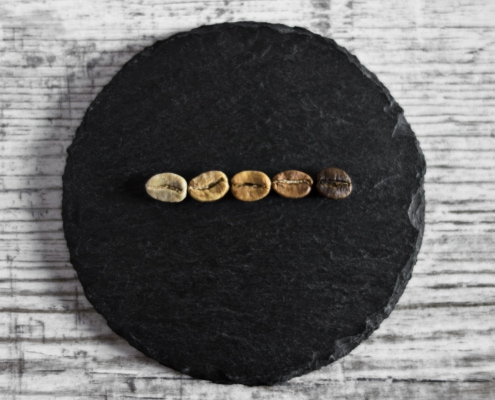 https://www.siamhillscoffee.com/wp-content/uploads/Coffee-Roast-Levels-1-scaled.jpg
1707
2560
Siamhillscoffee
https://www.siamhillscoffee.com/wp-content/uploads/coffee-logo.png
Siamhillscoffee2021-02-12 06:58:112021-03-03 11:44:54Coffee Roast Levels – The Differences Between Light, Medium and Dark Roasts –
https://www.siamhillscoffee.com/wp-content/uploads/Coffee-Roast-Levels-1-scaled.jpg
1707
2560
Siamhillscoffee
https://www.siamhillscoffee.com/wp-content/uploads/coffee-logo.png
Siamhillscoffee2021-02-12 06:58:112021-03-03 11:44:54Coffee Roast Levels – The Differences Between Light, Medium and Dark Roasts –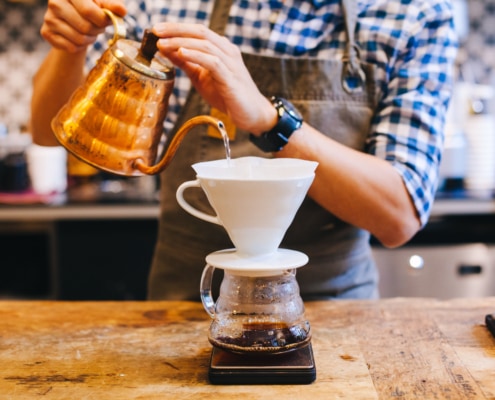 https://www.siamhillscoffee.com/wp-content/uploads/What-is-a-Filter-Coffee-–-A-Complete-Guide-–-1-scaled.jpg
1707
2560
Siamhillscoffee
https://www.siamhillscoffee.com/wp-content/uploads/coffee-logo.png
Siamhillscoffee2021-02-12 06:44:562021-03-03 11:48:24What is a Filter Coffee? – A Complete Guide –
https://www.siamhillscoffee.com/wp-content/uploads/What-is-a-Filter-Coffee-–-A-Complete-Guide-–-1-scaled.jpg
1707
2560
Siamhillscoffee
https://www.siamhillscoffee.com/wp-content/uploads/coffee-logo.png
Siamhillscoffee2021-02-12 06:44:562021-03-03 11:48:24What is a Filter Coffee? – A Complete Guide –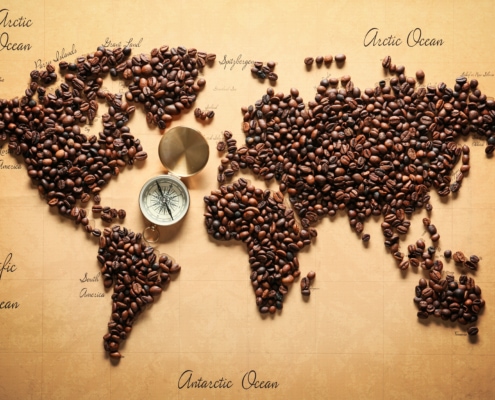 https://www.siamhillscoffee.com/wp-content/uploads/History-of-Coffee-1-scaled.jpg
1707
2560
Siamhillscoffee
https://www.siamhillscoffee.com/wp-content/uploads/coffee-logo.png
Siamhillscoffee2021-02-12 05:47:432021-03-03 11:53:23History of Coffee – Where it Comes From and Conquered the World –
https://www.siamhillscoffee.com/wp-content/uploads/History-of-Coffee-1-scaled.jpg
1707
2560
Siamhillscoffee
https://www.siamhillscoffee.com/wp-content/uploads/coffee-logo.png
Siamhillscoffee2021-02-12 05:47:432021-03-03 11:53:23History of Coffee – Where it Comes From and Conquered the World –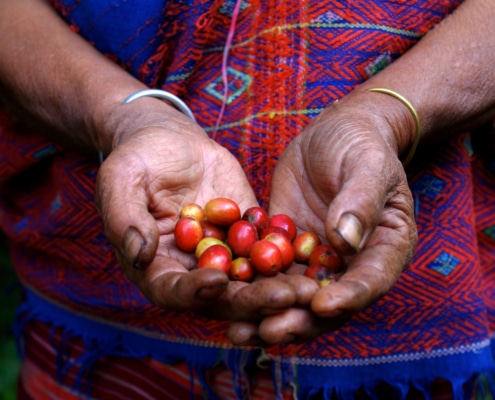 https://www.siamhillscoffee.com/wp-content/uploads/Fair-Trade-Coffee-–-What-Does-it-Really-Mean-1-scaled.jpg
1714
2560
Siamhillscoffee
https://www.siamhillscoffee.com/wp-content/uploads/coffee-logo.png
Siamhillscoffee2021-02-12 05:30:322021-03-03 11:57:01Fair Trade Coffee – What Does it Really Mean? –
https://www.siamhillscoffee.com/wp-content/uploads/Fair-Trade-Coffee-–-What-Does-it-Really-Mean-1-scaled.jpg
1714
2560
Siamhillscoffee
https://www.siamhillscoffee.com/wp-content/uploads/coffee-logo.png
Siamhillscoffee2021-02-12 05:30:322021-03-03 11:57:01Fair Trade Coffee – What Does it Really Mean? – https://www.siamhillscoffee.com/wp-content/uploads/A-Coffee-Journey-–-10-Steps-From-the-Seed-to-Your-Cup-–-1-scaled.jpg
1700
2560
Siamhillscoffee
https://www.siamhillscoffee.com/wp-content/uploads/coffee-logo.png
Siamhillscoffee2021-02-12 02:31:102021-02-20 14:09:30A Coffee Journey – 10 Steps From the Seed to Your Cup –
https://www.siamhillscoffee.com/wp-content/uploads/A-Coffee-Journey-–-10-Steps-From-the-Seed-to-Your-Cup-–-1-scaled.jpg
1700
2560
Siamhillscoffee
https://www.siamhillscoffee.com/wp-content/uploads/coffee-logo.png
Siamhillscoffee2021-02-12 02:31:102021-02-20 14:09:30A Coffee Journey – 10 Steps From the Seed to Your Cup –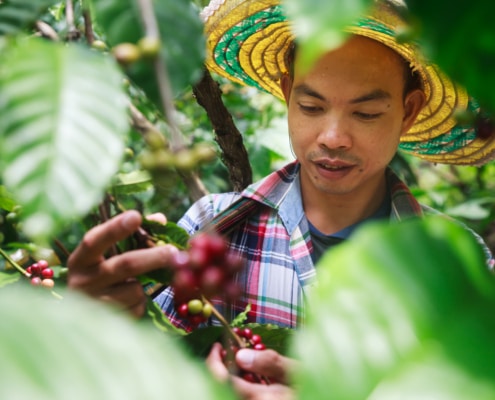 https://www.siamhillscoffee.com/wp-content/uploads/What-is-Shade-Grown-Coffee-–-Does-it-Make-our-Coffee-Taste-Better-–-1-scaled.jpg
1707
2560
Siamhillscoffee
https://www.siamhillscoffee.com/wp-content/uploads/coffee-logo.png
Siamhillscoffee2021-02-12 02:15:222021-03-03 13:36:34What is Shade-Grown Coffee? – Does it Make our Coffee Taste Better? –
https://www.siamhillscoffee.com/wp-content/uploads/What-is-Shade-Grown-Coffee-–-Does-it-Make-our-Coffee-Taste-Better-–-1-scaled.jpg
1707
2560
Siamhillscoffee
https://www.siamhillscoffee.com/wp-content/uploads/coffee-logo.png
Siamhillscoffee2021-02-12 02:15:222021-03-03 13:36:34What is Shade-Grown Coffee? – Does it Make our Coffee Taste Better? – https://www.siamhillscoffee.com/wp-content/uploads/Cold_Brew_Coffee_An_Honest_Opinion_All_You_Need_To_Know_1.jpg
3144
4608
Siamhillscoffee
https://www.siamhillscoffee.com/wp-content/uploads/coffee-logo.png
Siamhillscoffee2019-11-06 05:01:152021-03-03 13:30:17Cold Brew Coffee – An Honest Opinion – All You Need to Know
https://www.siamhillscoffee.com/wp-content/uploads/Cold_Brew_Coffee_An_Honest_Opinion_All_You_Need_To_Know_1.jpg
3144
4608
Siamhillscoffee
https://www.siamhillscoffee.com/wp-content/uploads/coffee-logo.png
Siamhillscoffee2019-11-06 05:01:152021-03-03 13:30:17Cold Brew Coffee – An Honest Opinion – All You Need to Know https://www.siamhillscoffee.com/wp-content/uploads/Do-Coffee-Drinkers-Live-Longer-Siam-Hills-Coffee-Blog.jpg
3141
3170
Siamhillscoffee
https://www.siamhillscoffee.com/wp-content/uploads/coffee-logo.png
Siamhillscoffee2019-05-20 04:45:512021-03-03 12:42:18Do Coffee Drinkers Live Longer?
https://www.siamhillscoffee.com/wp-content/uploads/Do-Coffee-Drinkers-Live-Longer-Siam-Hills-Coffee-Blog.jpg
3141
3170
Siamhillscoffee
https://www.siamhillscoffee.com/wp-content/uploads/coffee-logo.png
Siamhillscoffee2019-05-20 04:45:512021-03-03 12:42:18Do Coffee Drinkers Live Longer?
